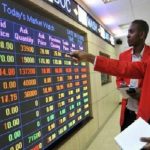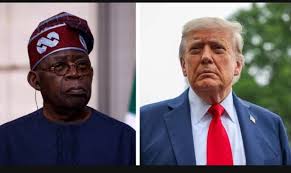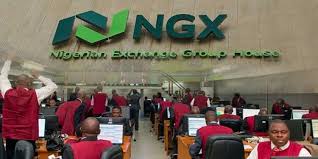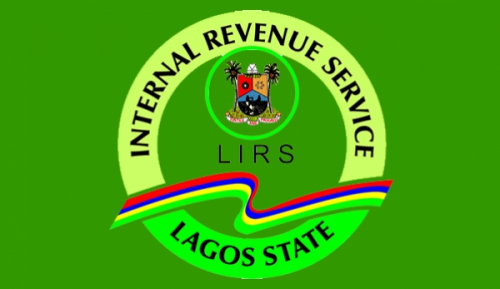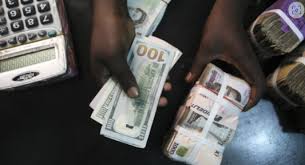EM : Why investors should pay attention to freedom for growth, sustainability

By Godwin Anyebe
Economic and political freedoms and the rule of law are important precursors for the economic development, growth, education and sustainability of sovereign countries. As such, there is an incentive for investors in emerging market debt to undertake active due diligence on these wider social themes.
By actively following a country’s pursuit and execution of fair and free elections, civil liberties, functioning of government, and the importance it places on economic freedom in real-time – in both its rhetoric and its enforcement of these principles – it is possible to better identify sovereign risks and opportunities.
The challenge of course is that some of this data is hard to come by and often hard to trust. The work undertaken by think tanks and NGOs is critical for shining a light on those countries which have progressed and those which are laggards.
For example, the Freedom House Freedom in the World annual report has assessed the condition of political rights and civil liberties across 210 countries and territories since 1973.
Its 2023 50th anniversary report shows global freedom has declined for the 17th consecutive year.
The findings show a glimmer of hope, however, as this report featured the fewest countries experiencing year-over-year declines in that 17-year stretch. However, 39% of the global population live in ‘not free’ countries and territories, while only about 20% now live in free countries. The remainder of the global population falls in middling categories.
The Heritage Foundation’s Index of Economic Freedom’s 2023 report encompassing 184 countries uncovered a few key findings about economic freedoms.
First, the global average score for economic freedom sank to the lowest point in 20 years relative to last year’s score, proving economic freedom has continued to deteriorate since the onset of Covid-19.
Second, roughly half the countries evaluated ranked at least moderately free or better, while the remaining half were considered mostly unfree or worse.
These findings show a clear link between economic freedom and economic growth, with a significant correlation between economic freedom and the overall well-being of a country’s citizens.
Careful analysis of this relationship can provide an indication of some of the short-, medium- and long-term risks economies may be exposed to.
READ ALSO: Group collaborates with FRSC, NDLEA to tackle drug…
Dominican Republic’s raking in the Index of Economic Freedom has significantly improved over the past ten years; up from 87 to 65 in 2023.
The jump has been primarily driven by advances in property rights and business freedoms, which are conducive to an entrepreneurial economy attractive to both investors and the country’s workers.
In Dominican Republic there is a cross-party political consensus that predictable, market-friendly policies are the best path towards greater prosperity, and this has helped support a twenty-year average GDP growth rate of nearly 5%.
Further, President Luis Abinader is working to formalise a more independent judiciary system, and his administration is actively implementing a wide-ranging anti-corruption campaign.
Both steps will help entrench good governance and ensure the economy continues to grow at a healthy pace. We believe Dominican assets may offer an attractive investment opportunity.
Kenya emerged as a top advancer in Freedom House’s assessment of political rights and civil liberties thanks to its democratic general election in 2022 and subsequent peaceful transfer of power.
The country performed well relative to the rest of the world in terms of its government spending and monetary freedom.
The new administration’s focus on rationalising spending with the goals of consolidating the fiscal deficit and reducing corporatist corruption is positive. Future liberalisation of the stressed foreign exchange market may pave the way for additional investment.
On the other hand, Tunisian president Kaïs Saïed’s undemocratic leadership helped rank the country as the third-largest decliner in Freedom House’s assessment.
Tunisia’s worst attributes included its fiscal health, investment freedom, financial freedom, government integrity and judicial effectiveness.
Unsurprisingly, Tunisia’s real GDP growth of 2.2% in 2022 trailed the rest of the world and the narrower emerging market and developing economies subset. The country’s real GDP growth is also expected to slow in 2023 according to the IMF.
Tunisia has very high debt levels and seemingly little agreement across society regarding crucial reforms. Tunisia’s future creditworthiness depends entirely on the willingness of the IMF Board and donor nations to cover funding needs, while looking the other way as democracy erodes.
Across emerging markets, inflation, recession, dollar strength and a multitude of other macroeconomic factors are critical in determining the economic resilience of a country and its sovereign debt risk profile.



